In a break from a series of contract negotiations, I was in a meeting room with my clients and the chairperson of the meeting. The chairperson’s laptop was projecting onto a large screen.
He had become a wheelchair user in his 60s, following cancer surgery. We had been friends and colleagues for nearly 20 years, and he was one of the few people I worked with who was familiar with both my professional persona and the ‘real’ me. He was looking to buy a new lightweight wheelchair, and a few days previously I had sent him some information.
On this day, as he was idly scrolling on his laptop, I heard someone say “That’s a flash one, who’s is that?”, and heard him reply “That’s Fiona’s. I’m thinking of getting one like it.” As I turned around to see a picture of my wheelchair displayed on the large screen, all heads swivelled towards me. While making myself a coffee one-handed leaning on my black walking stick or my ‘work stick’, one question ran through my mind: “Have I just been outed?”
In January 2020, a research report titled ‘Legally Disabled? The career experiences of disabled people working in the legal profession’ was launched. The authors are Prof Debbie Foster and Dr Natasha Hirst of Cardiff University in Wales.
I was keen to read the report both because the subject matter was dear to my heart (as a person who has been disabled for most of my life and a lawyer for what feels like my entire life) and because Cardiff University is where I gained my law degree in the early 1980s.
I have fond memories of the lectures and tutorials where I learned some of the principles that are still with me, and also memories of hospital stays (such is the nature of my disability) where I had a surprising number of visitors from my course, all wanting to know whether I could get my doctor’s autograph for them. Realisation dawned when I discovered that the orthopaedic surgeon treating me had a previous career as a Welsh rugby union great (JPR Williams, for those to whom it’s relevant).
The research report made a number of key findings, which resonated with me and my experiences as a student, barrister and finally solicitor both in the UK and Australia. I believe the report and the findings, would have been very similar if carried out here in Australia rather than the UK.
One of the most challenging parts of the report for me was a section headed “To conceal or disclose?” where the authors wrote:
“Whether to conceal or to disclose to an employer that you are disabled was a dilemma predominantly faced by interviewees with non-visible impairments. A significant number with visible impairments, however, also had non-visible impairments, many of which they also chose not to disclose. This suggests that given the choice, people generally don’t disclose.”
That quite accurately summed up my situation, and when my reading this report coincided with my joining the QLS Diverse Abilities Network for its inaugural meeting, I found myself for the first time openly discussing with a group of other lawyers how and why I had chosen over the years to downplay the visible aspects of my disability (limp, walking stick, crutches or wheelchair depending on the year or the day) and hide the non-visible aspects (that this isn’t a temporary condition, it is lifelong but with variable effects, and much of the time it is difficult and painful to walk).
In general, all my clients and colleagues see is the carefully selected walking stick, chosen to coordinate with my outfit. I take care not to let them see what it looks like if I try to walk without it. Having become more interested in disability advocacy over the past couple of years, I had already realised that I couldn’t do that from the shadows. Both this report and the Diverse Abilities Network crystalised for me the realisation that if I, at this stage of my career, am not prepared to be honest about who I am, I am doing a disservice to lawyers at the start of their careers, who need to see that it is possible. I had no disability role models in my career, let alone any kind of mentor, and perhaps I would have been braver and more open if I had.
So, the answer was simple – I had to “come out” as a person with a disability. Or perhaps not so simple. In the wise words of the Cardiff report, “Disclosure can be an emotional and difficult decision, but typically, it is unlikely to be a one-time event”. From my personal experience, there are a few unexpected difficulties with the process.
It can be surprisingly difficult to find the opportunity. In the 8 or 9 years since my disability has become more pronounced I have been self-employed, so have not had to deal with job interviews as such, but have had a couple of interviews with firms offering a flexible consulting platform, both of which resulted in my joining their panels of consultants. The interviews were by telephone, and accompanied by exhaustive checking of credentials and references, plus in one case a form of psychometric testing. None of the questions touched on the issue of disability, and at no stage of the process was there a clear opportunity to say “Oh, by the way ..”. When I did finally meet people from those firms face to face I was prepared to have the discussion – but the walking stick was politely overlooked and I felt that any attempt to open the subject would be both awkward and a complete non sequitur.
With colleagues or clients I have known for years, how do I explain why now? There has not been a dramatic change, or a devastating accident. Yes, my physical strength in my legs is deteriorating, but not at a dramatic rate. Really, the only difference is that I have chosen to stop concealing the extent of my disability.
Perhaps the most surprising aspect, after so many years of concealing and adapting to the norm, is how hard it can be to persuade people to take the disability seriously. I took a small step towards being more open a couple of years ago when I was asked to give a talk at a conference in Sydney. I was happy to do so, but mentioned to the organiser that I had some difficulty with standing for long periods and would prefer to sit while talking. For me, even to raise this was a very big deal. I asked whether they had a tall chair that would work for the purpose. The response was that there really wasn’t anything available, I could use the lectern for support, and it was only supposed to be a short keynote talk, so it wouldn’t be a problem for me. Stupidly, I gave in. All the things I was told were true. What was also true was that I attended a number of meetings in Sydney the day before the event, walking or taking public transport; I took a taxi to the event but was dropped at the wrong place and had to walk down a set of stairs to get to the venue. When I found the venue I was faced with a long staircase up to the event, which I simply couldn’t manage. I had to wander around until I found a security guard who, seeing my walking stick, agreed to take me up in the service lift. By the time I had climbed up onto the speaking platform my dysfunctional muscles were so fatigued, and I was in so much pain, that I had to cling to the lectern just to stay upright. I think it is fair to say that I did a less than stellar job in presenting what was supposed to be a light-hearted talk. All because it was too hard to source a bar stool.
My disability does not impact on the work I do. It affects the extraneous things – getting from one place to another (when I ask where I can get a taxi, please don’t tell me it’s just a short 20 minute walk up hill), preferring to sit rather than stand (when I lecture at university as a sessional academic I make use of whatever furniture is available in my lecture theatre – the gold standard if I am really lucky, there will be a tall chair, but if not I sit on a table or even sit in a low chair and joke with the students about the disembodied voice coming from behind the desk), and simply not being prepared to attend stand-up networking functions without my wheelchair (ok, so I just don’t attend, but am plucking up the courage to attend in the wheelchair).
I have thought long and hard about why it is so difficult to come out as disabled at this stage of my career. The anecdotal evidence in the Cardiff report suggests that people who have visible disabilities when they are starting their careers, who have no choice about disclosure, experience significant barriers to proving themselves as lawyers. It would seem that the profession as a whole sees disability rather than skills and is unable to conceive of both having equal weight. To quote the report, “evidence we highlight in this report suggests that a person’s impairment or health condition is not the key limiting variable, it is practices, traditions and other people’s attitudes and misconceptions about disabled people, that is. At no time did we encounter disabled people who could not do the training, or their job. Rather, they often referred to the arsenal of qualifications they had had to complete to be taken seriously as a candidate worthy of competing with their non-disabled peers, if, of course they were allowed the opportunity (sometimes literally), to get through the door.”
I suspect that those same attitudes and misconceptions apply when dealing with someone who is known or introduced for their legal skills and who then asks also to be acknowledged as a person with a disability. If their skills are evident, then they cannot really be disabled, because both cannot coexist – with, of course, a few notable exceptions. Why is it so easy for society as a whole to see the phenomenal intelligence and skills of someone like the late Stephen Hawking, but not see the skills and talents of ordinary, everyday people all around them who live with disability?
Those of us who are facing this dilemma are in a fortunate position, because we do have a choice to conceal or reveal the extent of our disability. But if our profession could grasp the concept that ability and disability can and do coexist, even in lawyers, and could see both equally, there would be no dilemma. How we achieve this I don’t really know, but the Diverse Abilities Network seems like a good place to start.


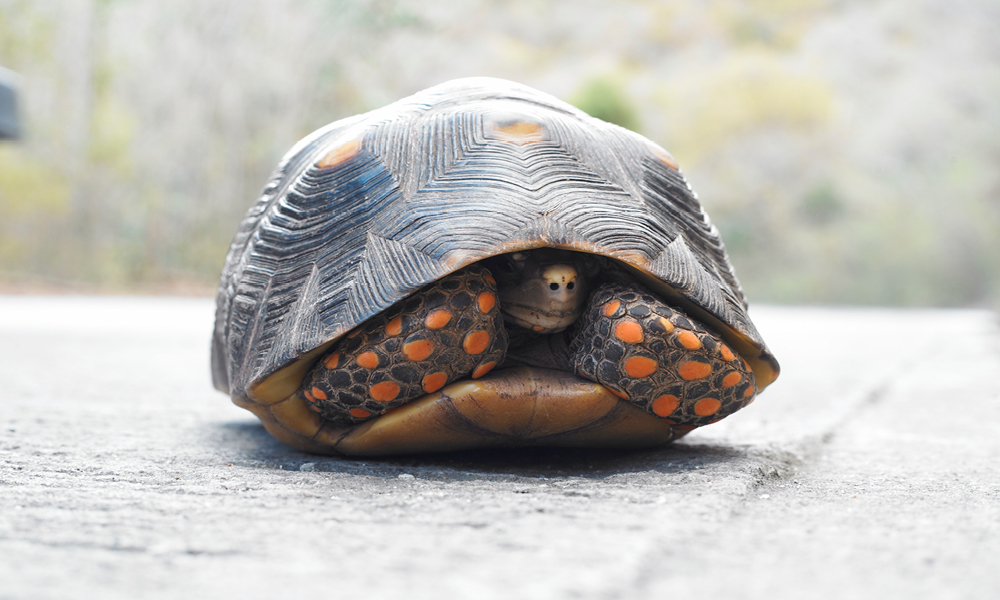



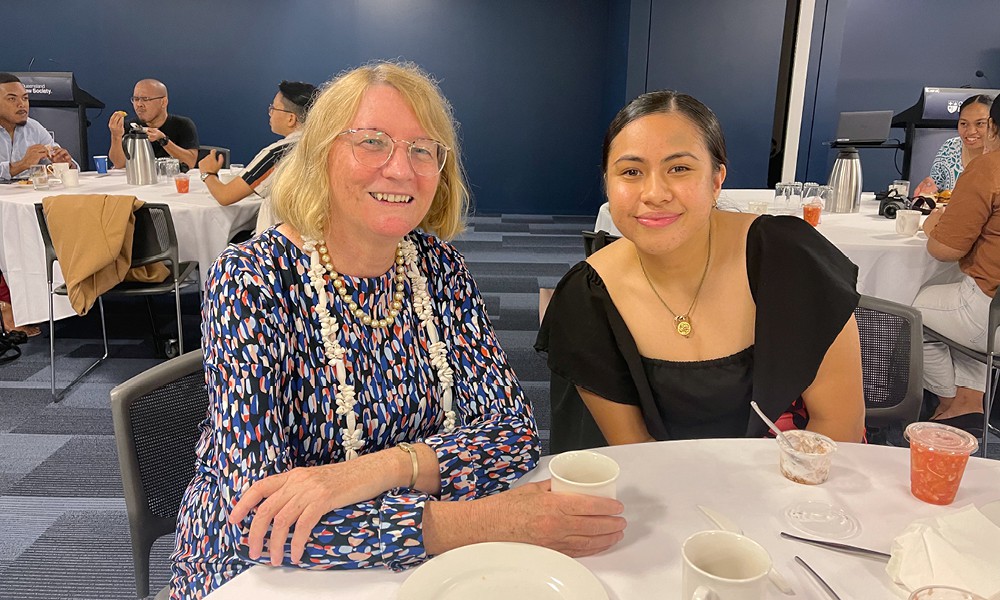
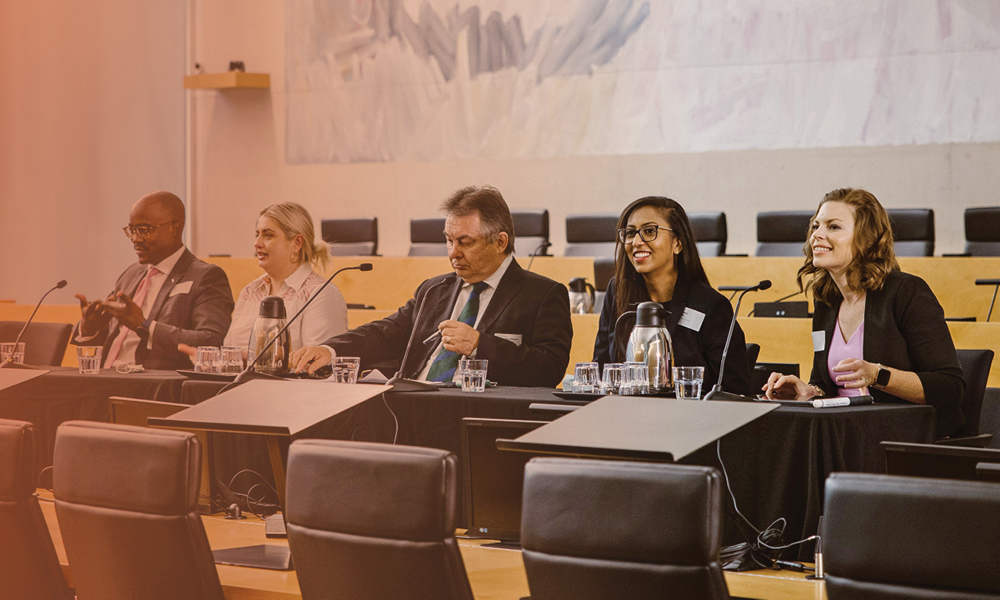

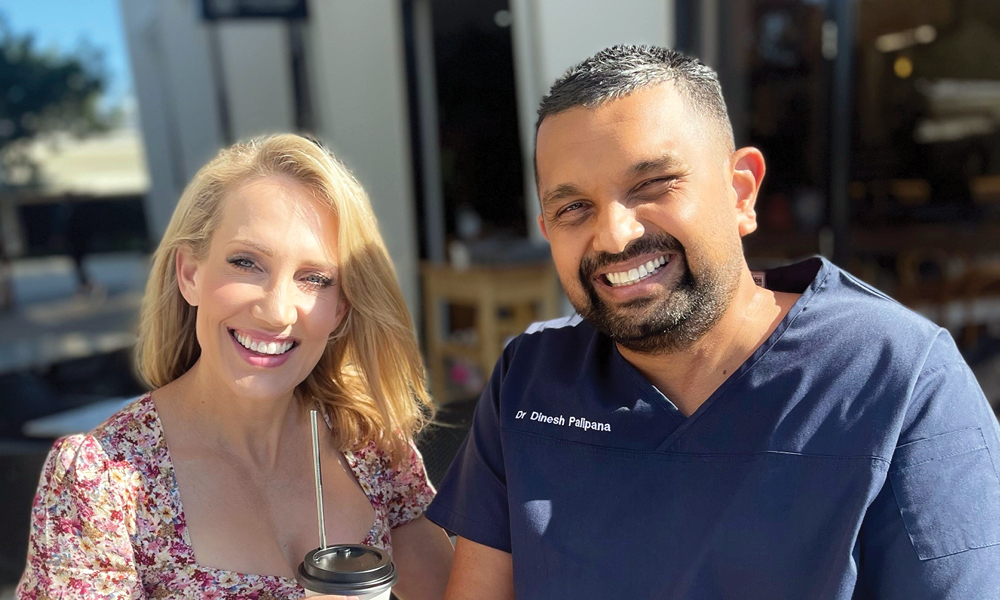

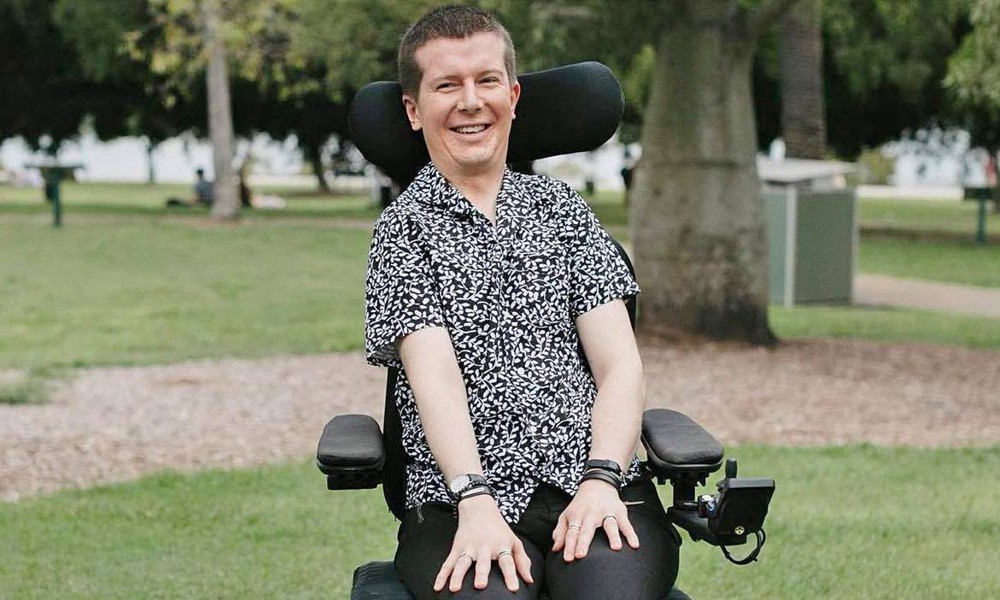


6 Responses
Nice job of exposing the entrenched attitudes and flawed preconceptions that shape, or perhaps limit conventional expectations.
Excellent article.
Thank you, Tom. Challenging preconceptions is hard work, but I have to believe it’s worth it.
A beautifully written piece with a very important and open message. Disability does not mean weakeness and the sooner people realise this, the better our profession (and the people within it) will be. Thank you for writing this piece and sharing it with the legal community.
Thank you, Michele. It took me a long time to realise that the only way to do this is to be open.
Hi Fiona, you haven’t just ‘come out’, you have stepped up in my estimation, similar to that engineer you were referring to. Congratulations, for your courage and for being willing to take the risk and become a role model for others who are struggling with similar issues.
Thank you, Davin. The support I get from all my engineer friends and colleagues, including you and that one I was referring to, is one of the reasons I felt able to write this article.